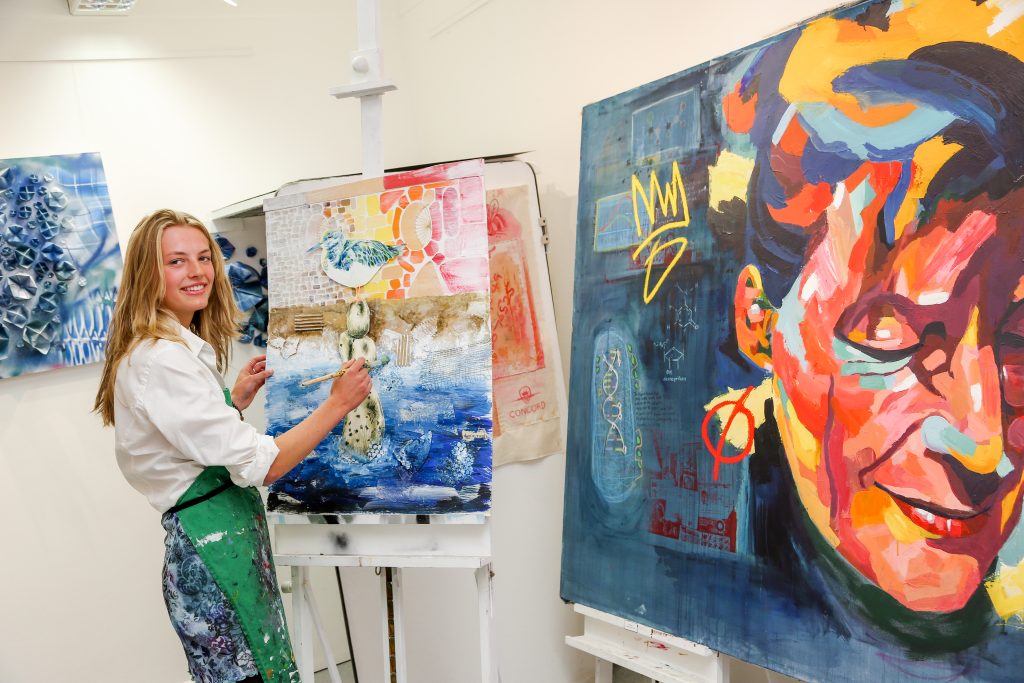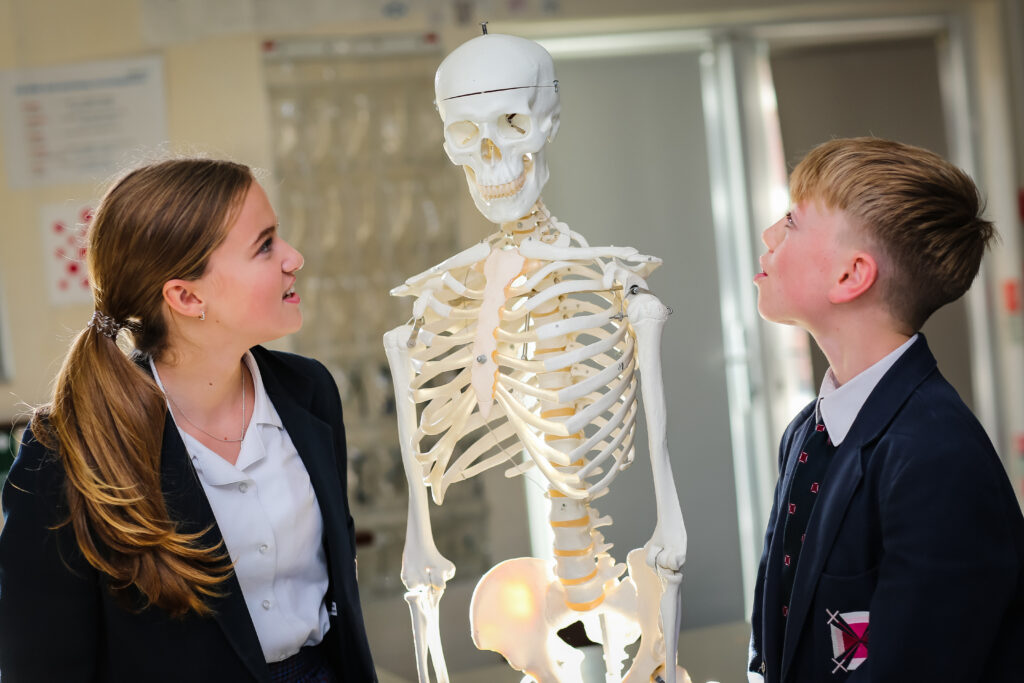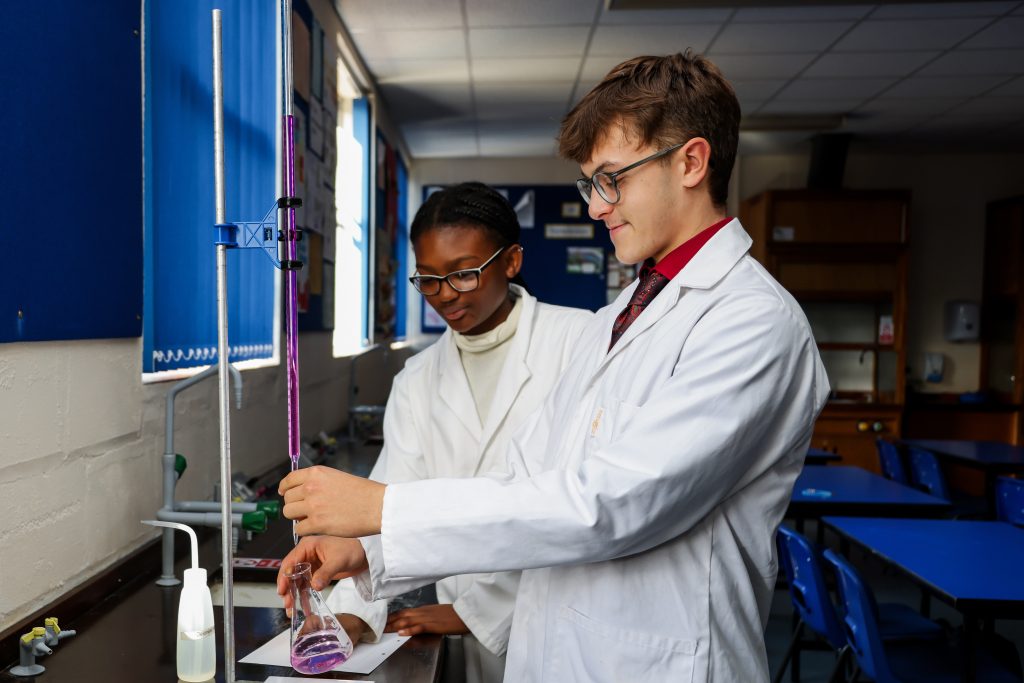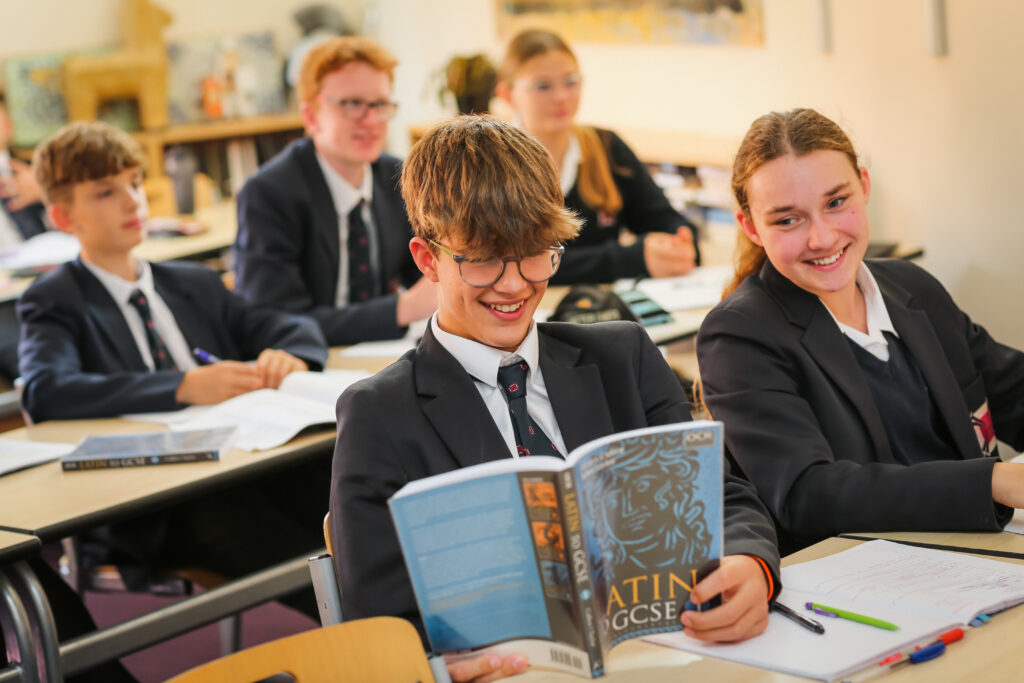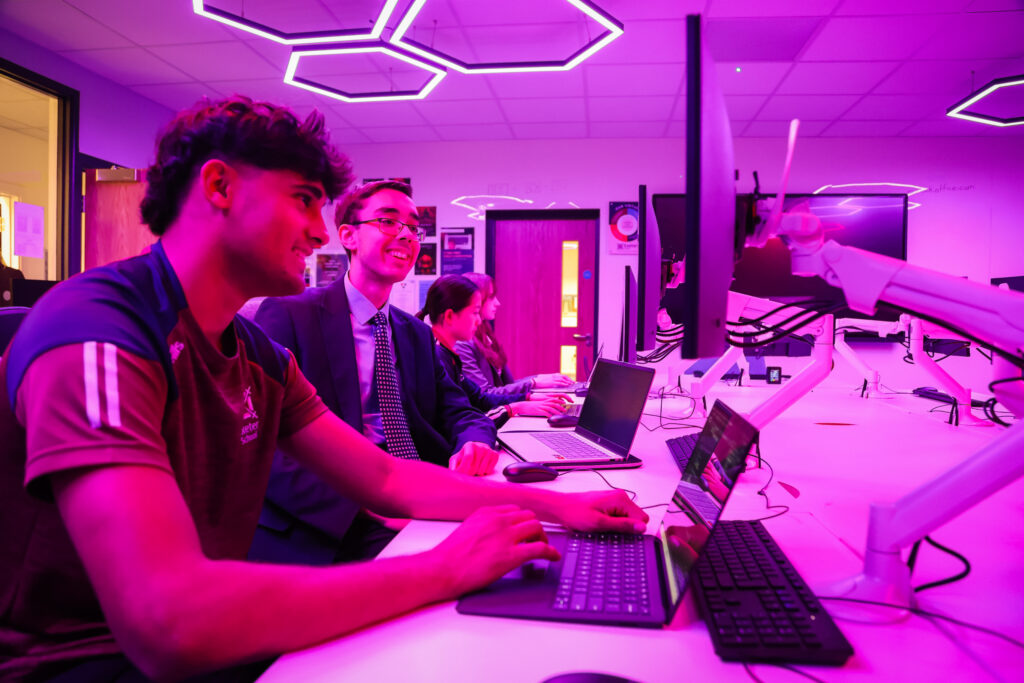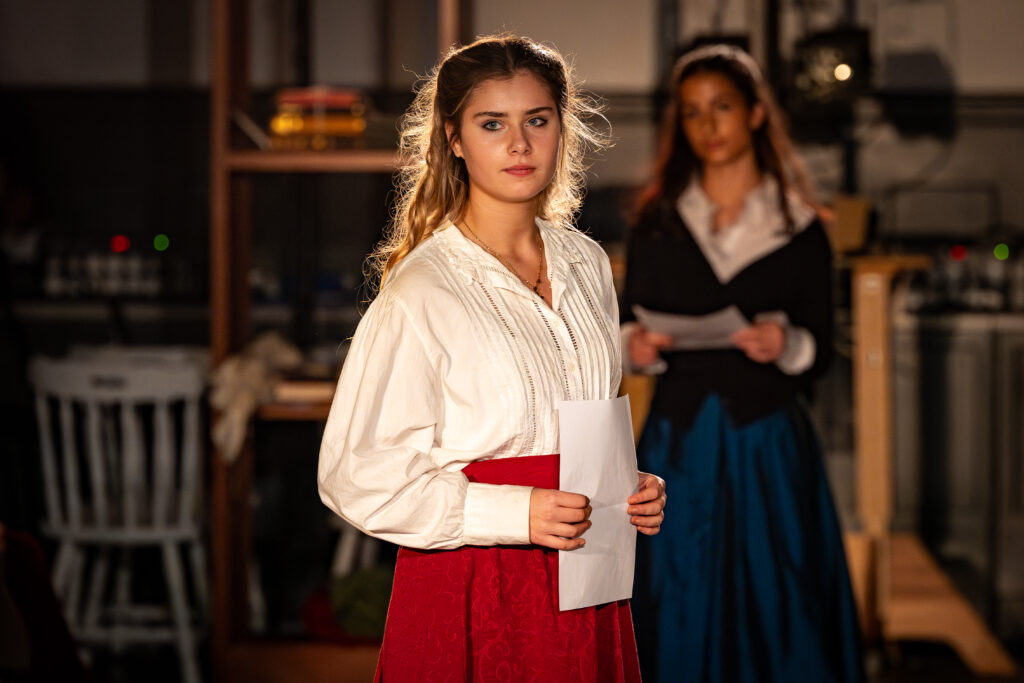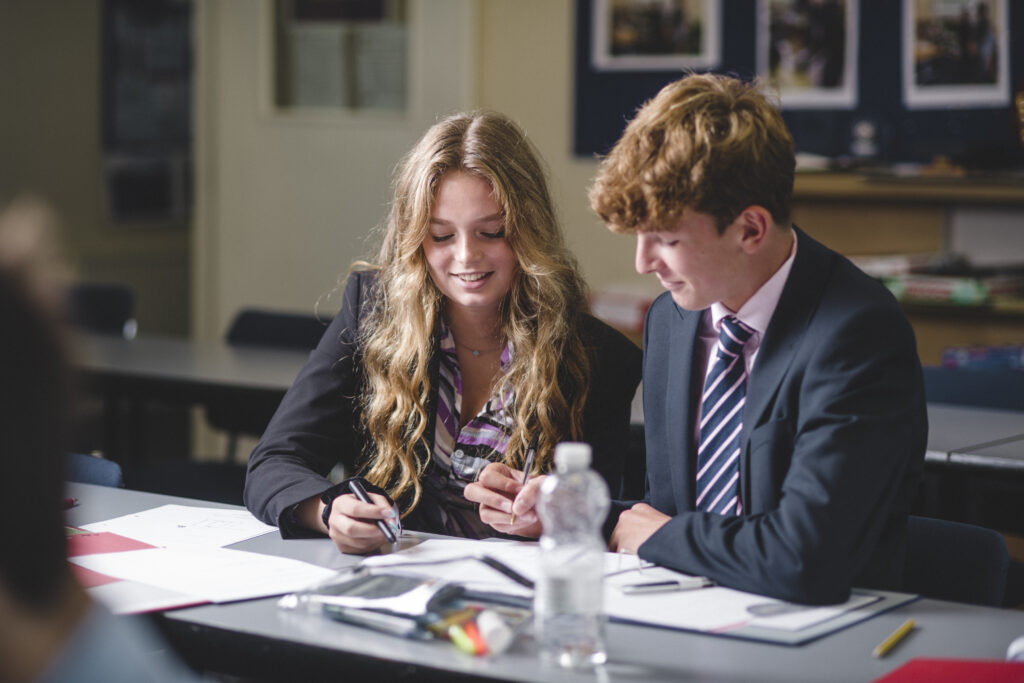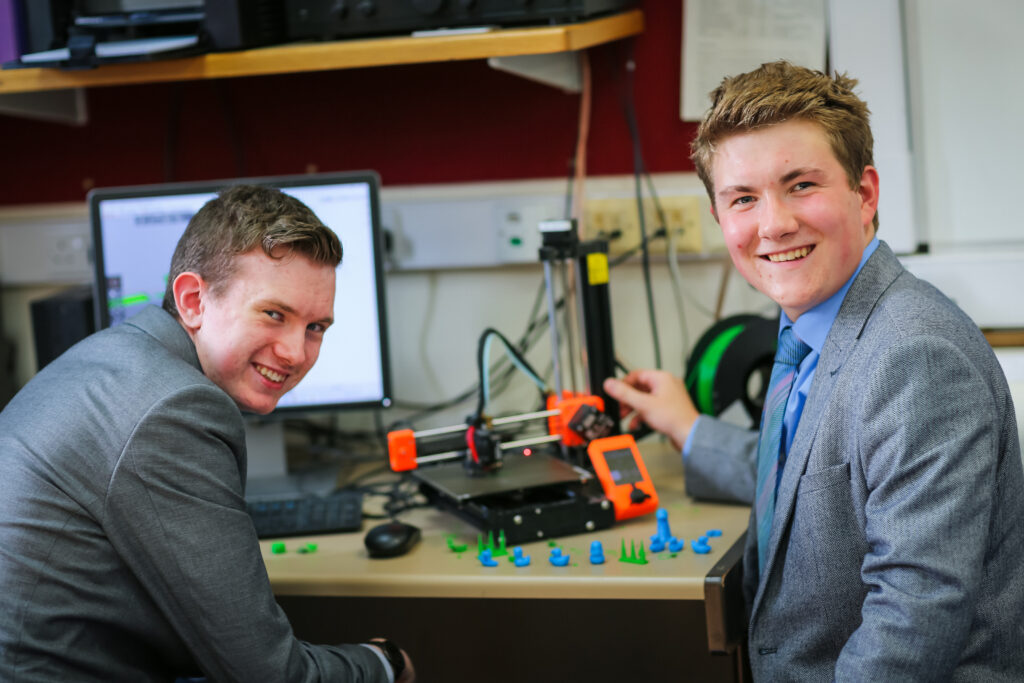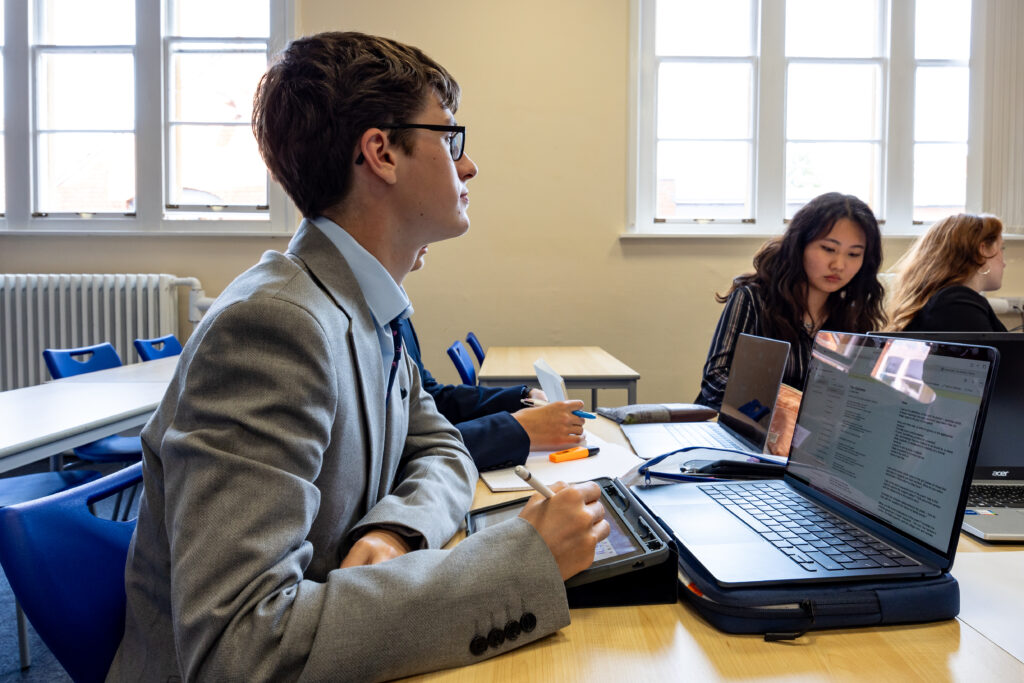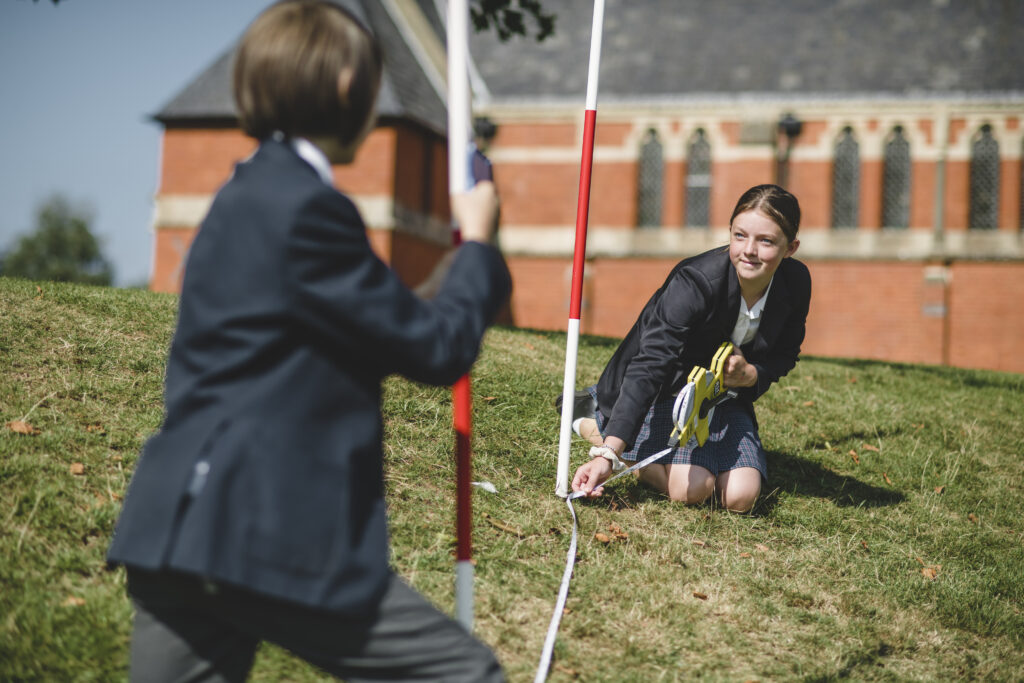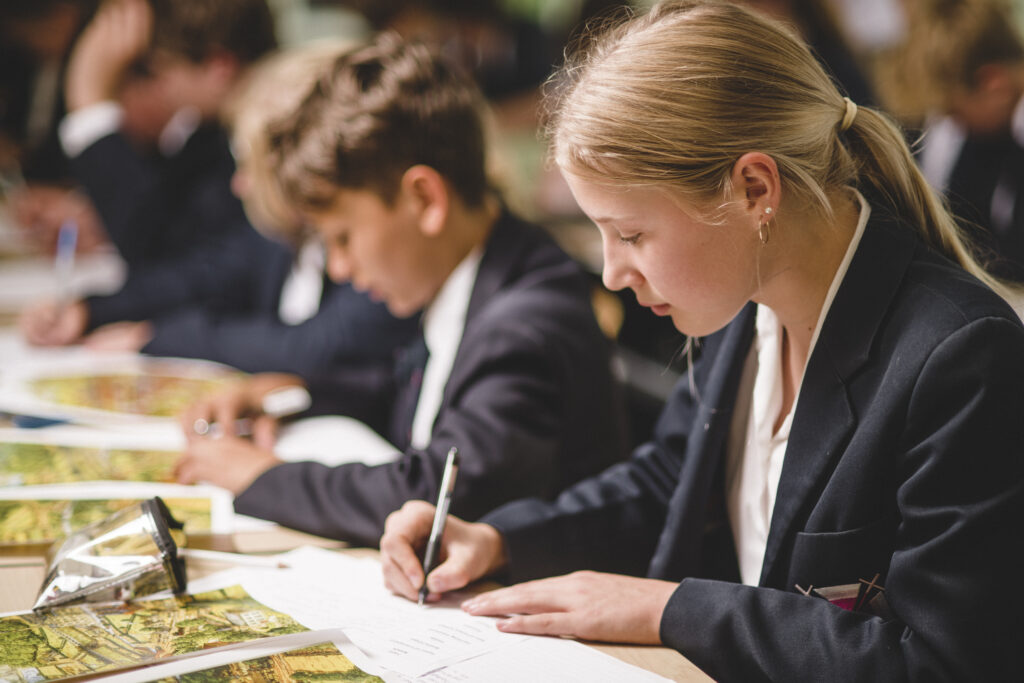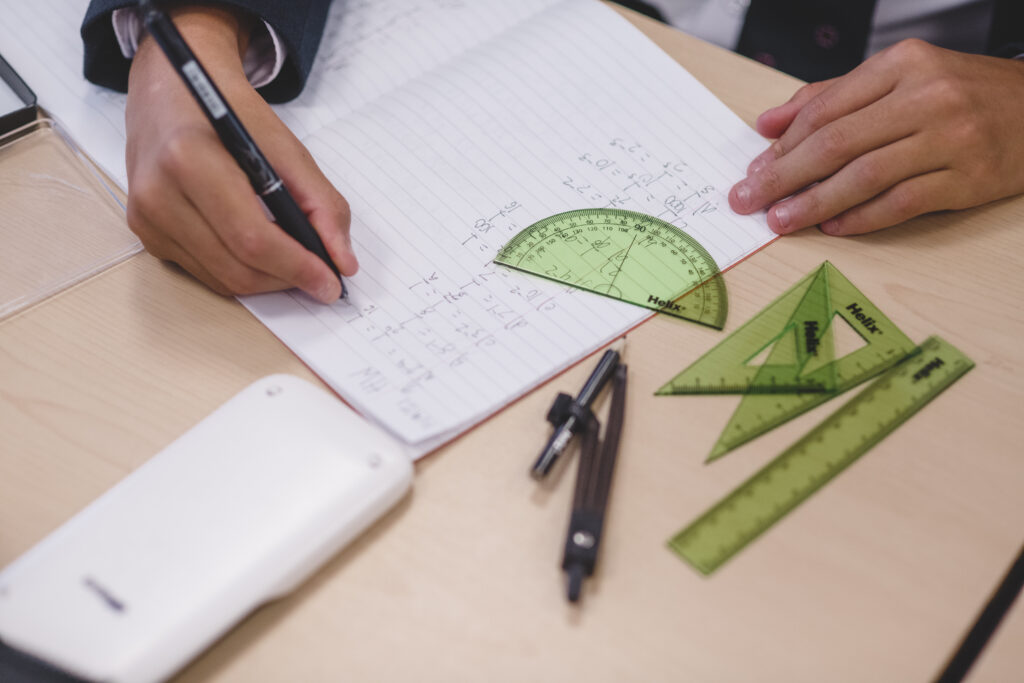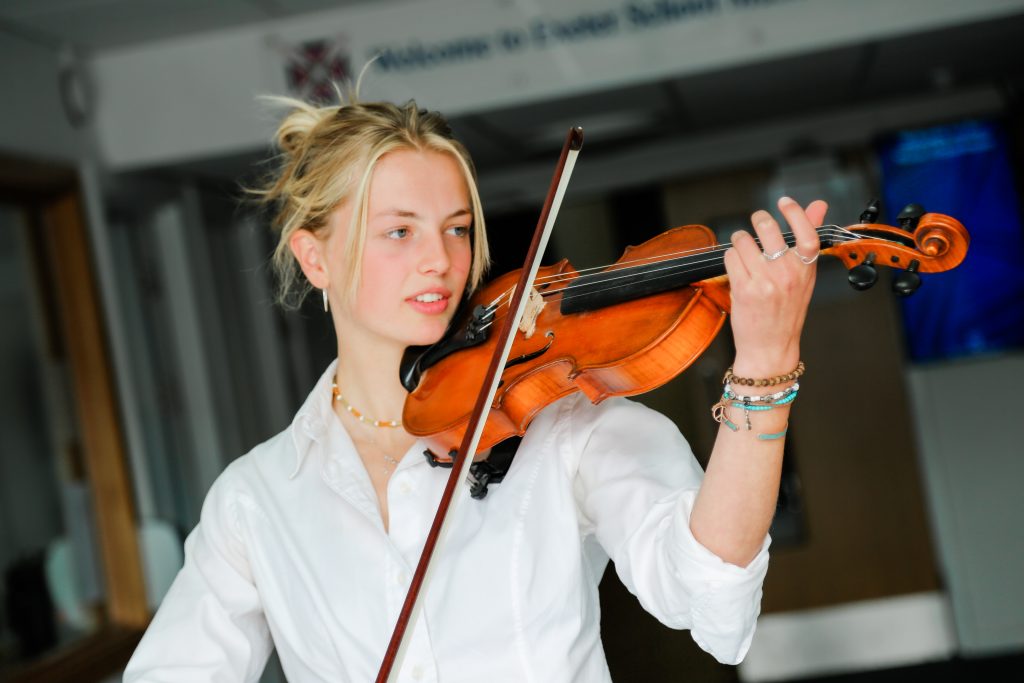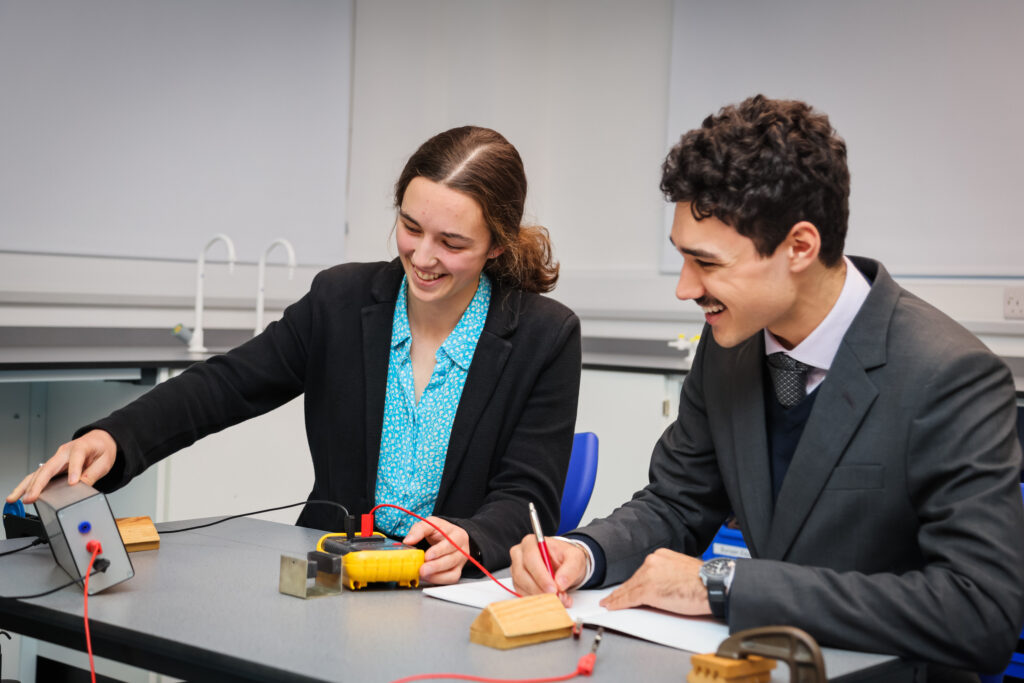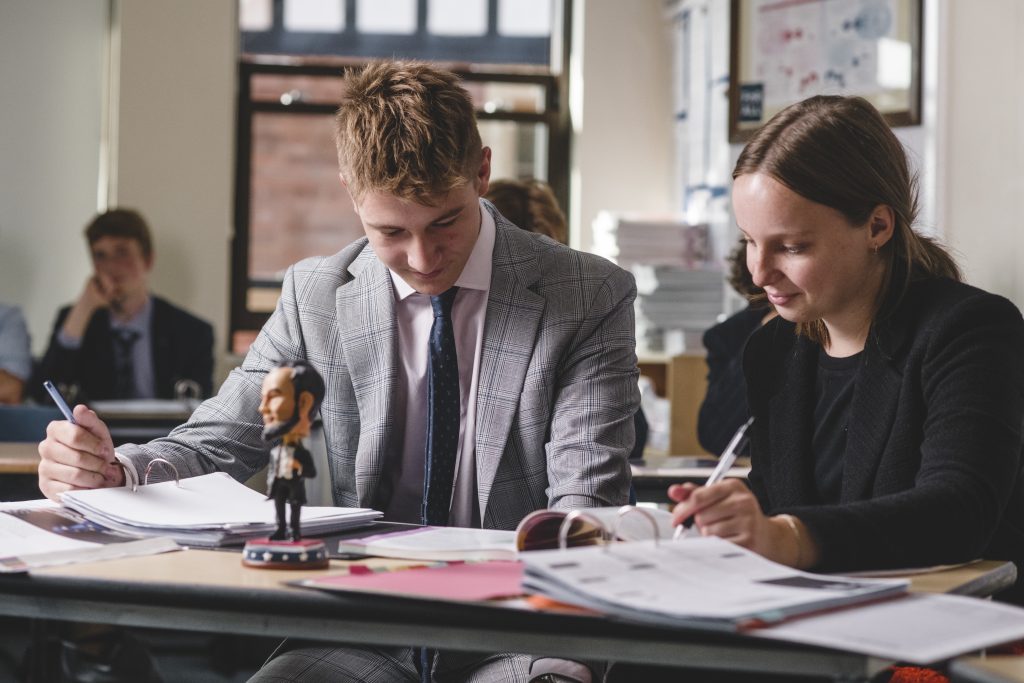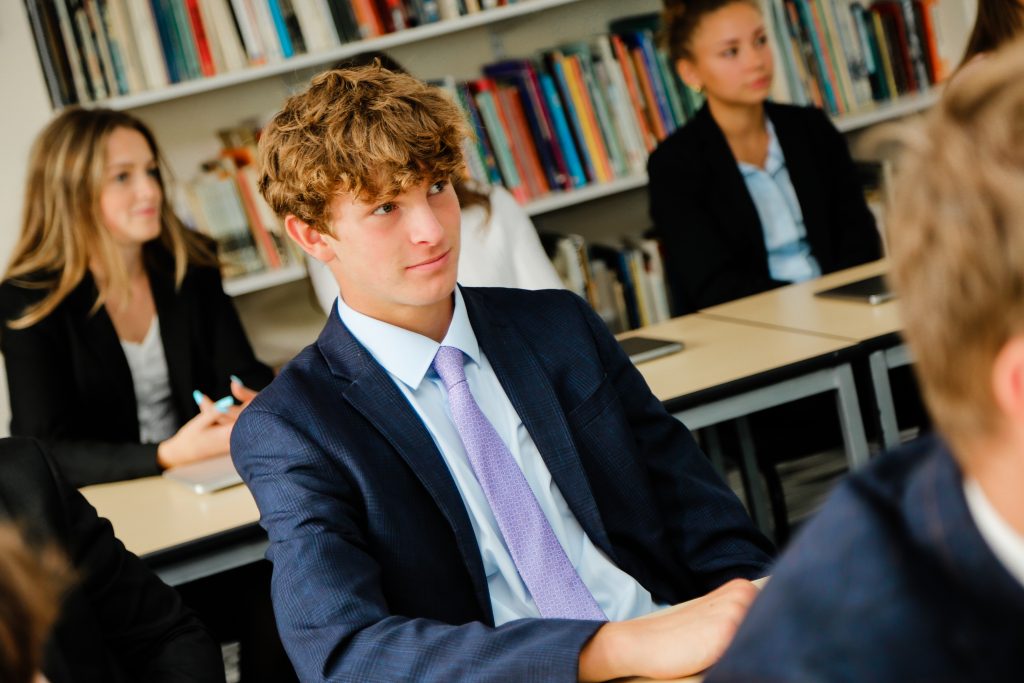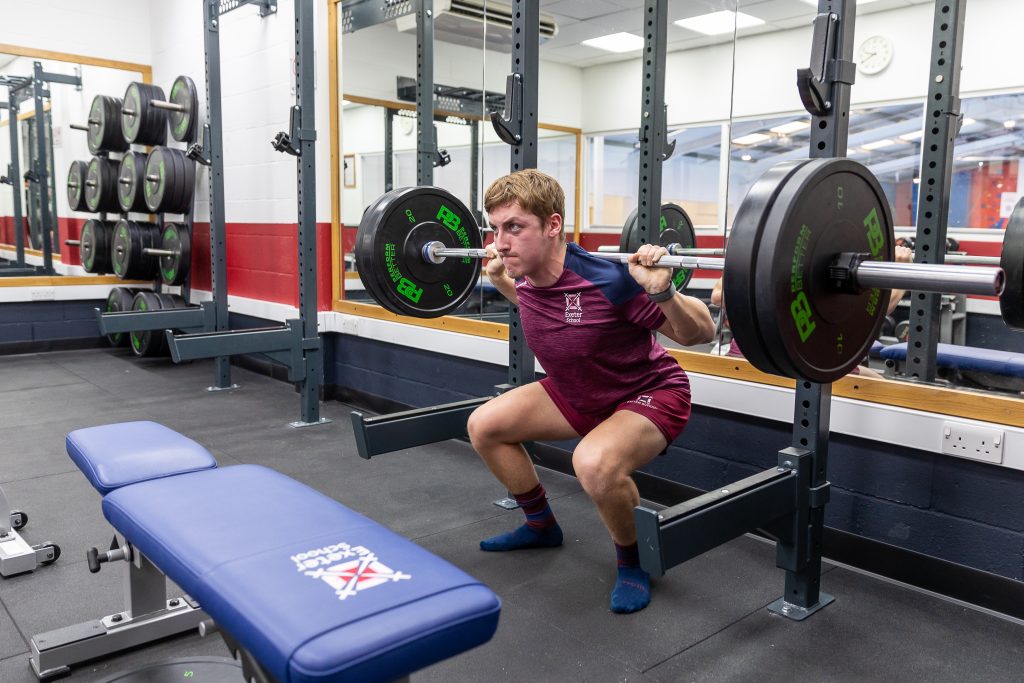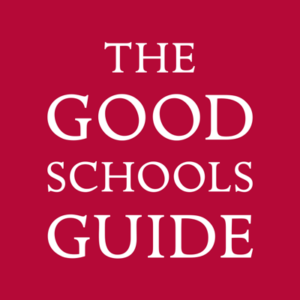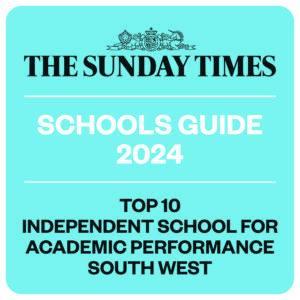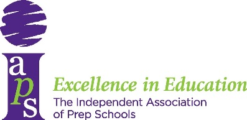This course has a multi-disciplinary nature, involving analysis and reasoning, close textual study, philosophical and political thinking, social understanding, ethics, and the core skills of literacy. It is a rigorous and demanding academic discipline, and also allows pupils to explore themselves in a coherent context.
Furthermore, Religion, Philosophy & Ethics makes a crucial and unique contribution to understanding British heritage, plurality, values, and futures. Young people are typically keen to engage with contentious contemporary issues, and this course provides plenty of additional knowledge and skills to do so in a brave and forthright manner.
At a time when communities are becoming more diverse – and in some cases more divided – Religion, Philosophy & Ethics plays a key role in creating social cohesion and generating genuine understanding between communities, thus reducing friction, intolerance, and social unrest.
This course incorporates a range of academic disciplines and is available to all. It offers variety and rigour and requires you to play an active role through discussion and enquiry. It is challenging and will make you question long-held ideas and look at how we make moral decisions in life.
Whilst not an A Level purely in philosophy, two thirds of the course is philosophically based and so it will provide a good introduction to philosophy for those interested in that subject.
Pupils follow the Eduqas Religious Studies specification, which focuses on three areas of interest: Christianity, the philosophy of religion, and religion and ethics. Pupils are challenged with a range of topics such as the nature of God, feminist theology, attitudes to wealth, free will, the problem of suffering and evil, emotivism, and the nature of religious experience.
Exam board: Edeuqas
Course name: A Level Religious Studies
Beyond the curriculum
Alongside the Holocaust Education Trust programme, the department runs trips to Auschwitz. Nearer to home, pupils visit places of worship and religious interest, such as Exeter’s churches, synagogue, mosque, and Buddhist cultural centres.
Speakers regularly visit covering topics including the Palestine/Israel conflict, Buddhism, pro-life/pro-choice, and the Holocaust as experienced by a Holocaust survivor.


